John B. Cobb, Jr. February 9, 1925 to December 26, 2024
My last email from John Cobb was Nov. 30, exactly one month ago today, in which he wrote: “I will fade fast into the background. At least I hope.” He was referring to the merger of the Center for Process Studies and the Cobb Institute, not—at least not directly—to his death. But he was for some time altogether ready to die, not because of loss of interest in life but because he’d enjoyed such a fullness of it, including all the relationships making up the cosmos of process theology. “Enjoyed”—not in any hedonistic or self-indulgent sense, not John Cobb!—but in the full Whiteheadian sense of “enjoyment of experience,” of taking it all, it All, in. And John has tuned us all to that All in ways that would not have happened without him. In ways that I know I will never fully know.
Grief in this case I find barely distinguishable from gratitude. Gratitude for the grace that so humbly, quietly, empoweringly radiated from him. From a “him” which includes his teaching, his writing, his networking and which therefore will not in an imaginable planetary future cease to flow from “him.” (Cobbjective immortality?) Since his death on the second day of Christmas my primary griefwork has been to reread Christ in a Pluralistic Age. Especially that first chapter on “Christ as Creative Transformation in Art” that, with its deep dive into the history of images of Jesus, is what brought me to study with him. It released the formative chaos of my life (around my mother’s unfulfilled hope for a life of painting) into creative transformation. The vibrant, experimental pluralism of artistic styles is internalized as the creativity of life itself—and Christ as Logos now appears, nay, is revealed, as creative transformation itself. And this only amidst the plurality of other truths, other religions. In particular, Cobb’s mindfulness of Buddhism attracted this flower child. And already in that 1976 work he exposes the deformation of that “faculty of transformation, which began by remaking of the natural world,” and now threatens its future and therefore our own. Nothing in Christian theology can compare—in immensity of edifice and depth of edification– to Cobb’s synthesis of aesthetic, ethical and ecological intensities. And simultaneously his utter clarity, with its never condescending tones of gracious care, unfailingly, almost impossibly, persists in every sentence.
John Cobb’s work in its transdisciplinary spiral cannot be summarized here: from art to economics, by way of every key Christian doctrine and a vast ecology of unfolding engagements, its strangely unfading relevance keeps revealing itself. As the immensity of Cobb’s oeuvre and the depth of its influence are not for a moment—for him—about himself, it is awkward, but all the more appropriate, at this moment when it cannot embarrass him, recognize the genius of this life, this work. This most important of North American theologies. And to commit ourselves in whichever way we can, within the freedom he insists upon for us all, and with the wild diversity of our gifts, to actualize his vision. May it never end. But as for himself, he wrote in Theological Reminiscences (2014) of “Winding Up and Winding Down”–of death itself. To end with that book’s last words: “I am ready to be surprised. I look forward to a new adventure.”
Catherine Keller
December 30, 2024
Courtesy: Center for Open & Relational Theology website
Become a member
Get the latest news right in your inbox. We never spam!

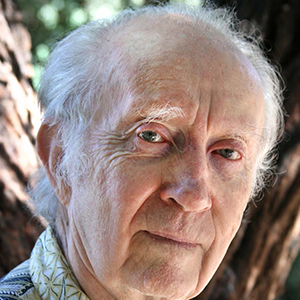
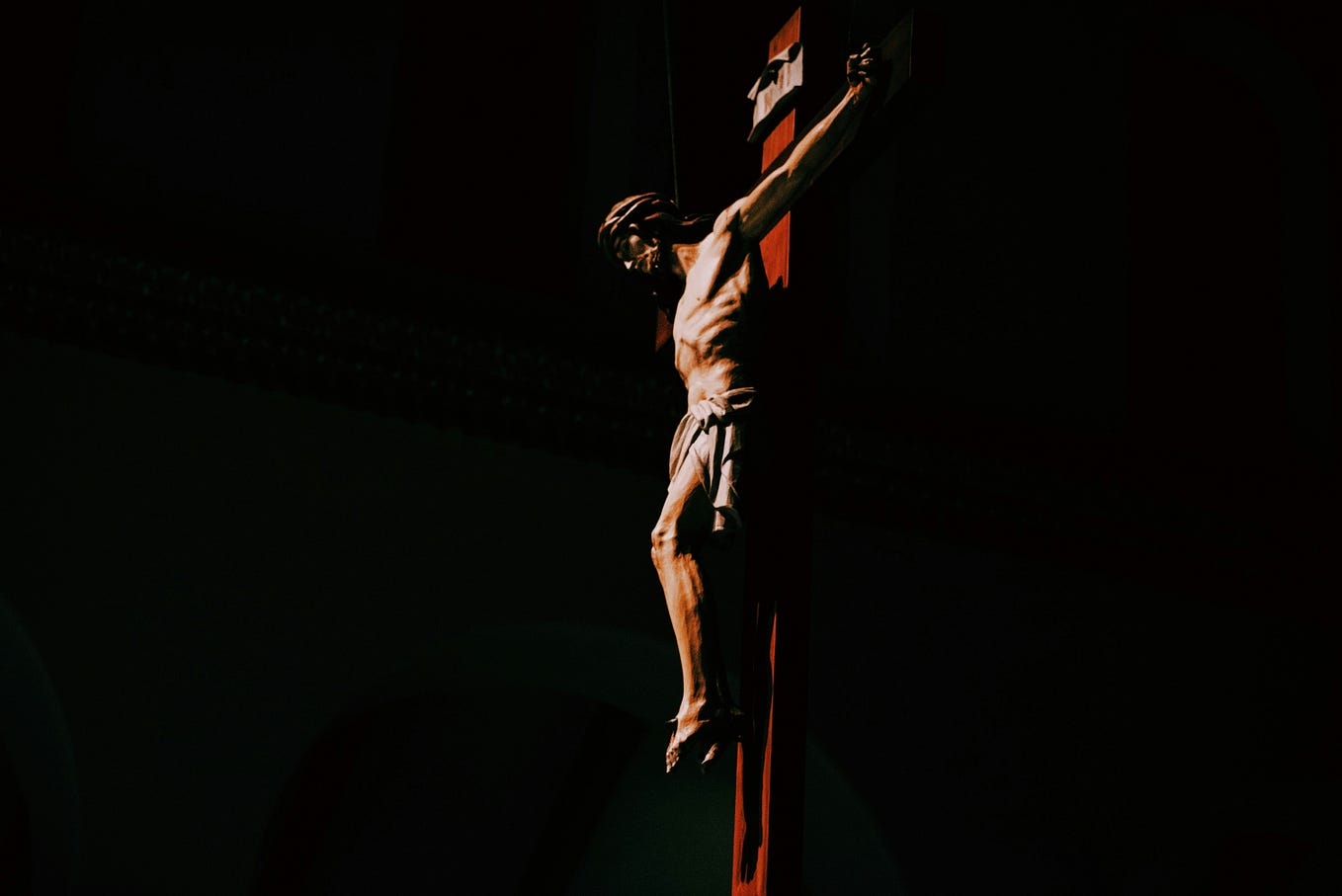
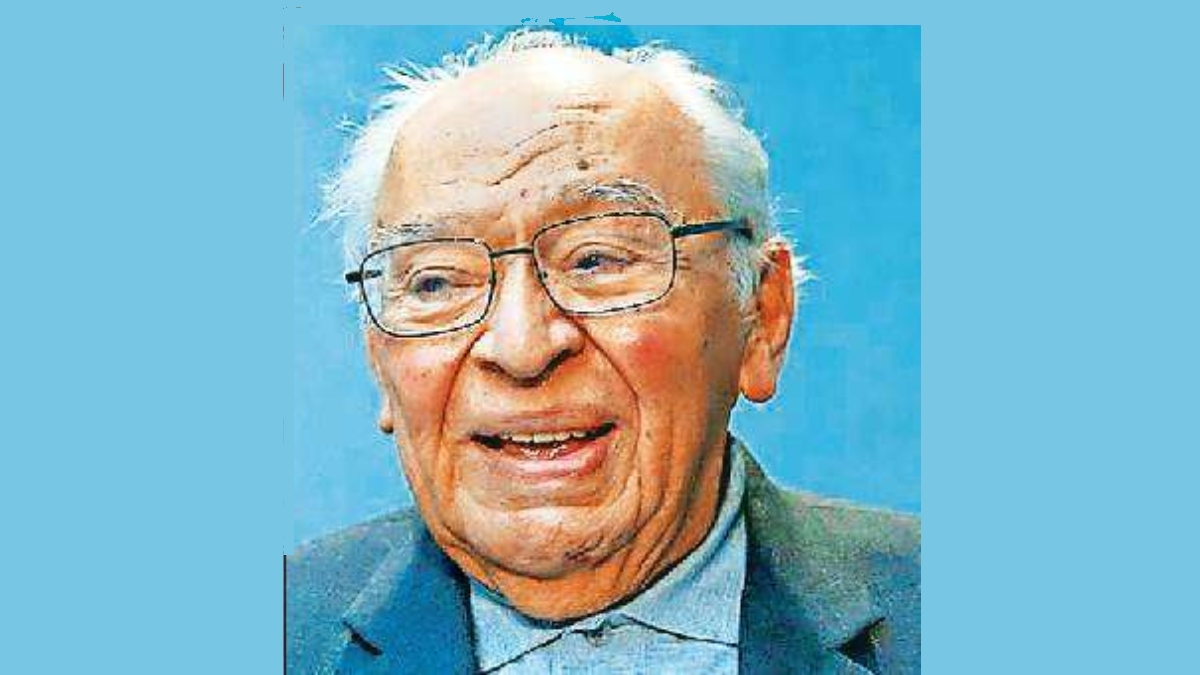
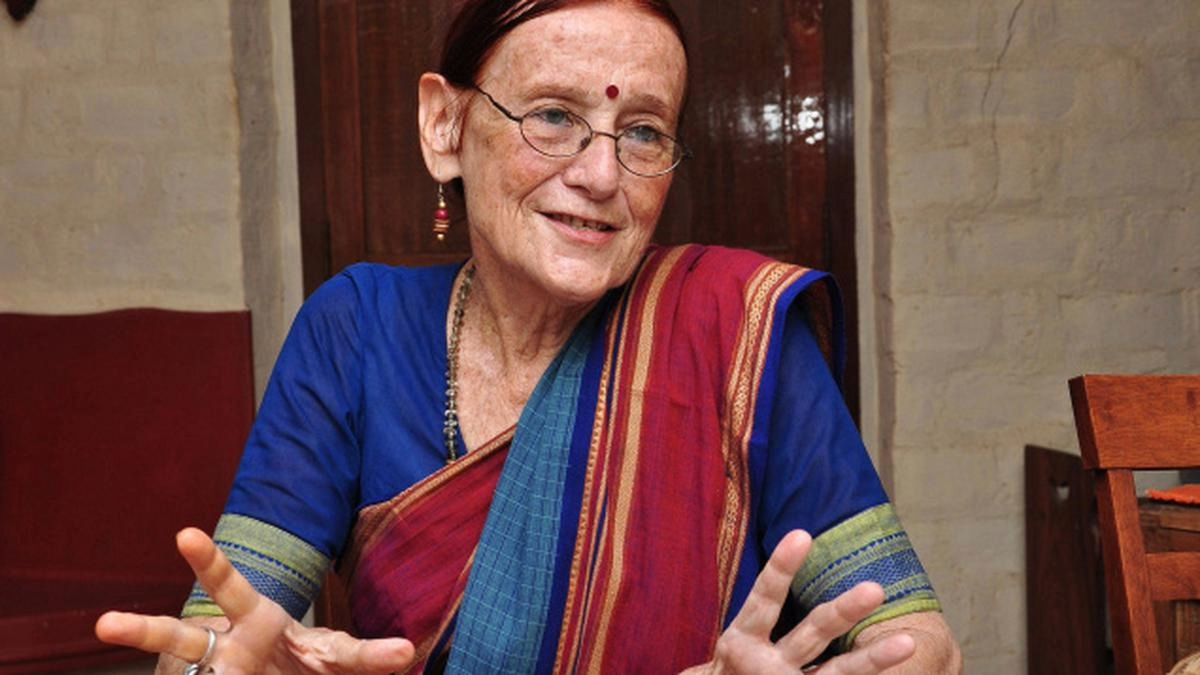
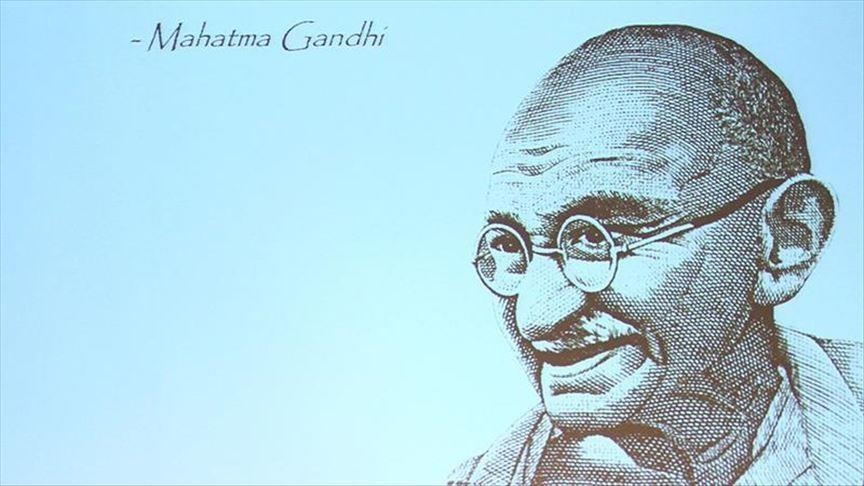

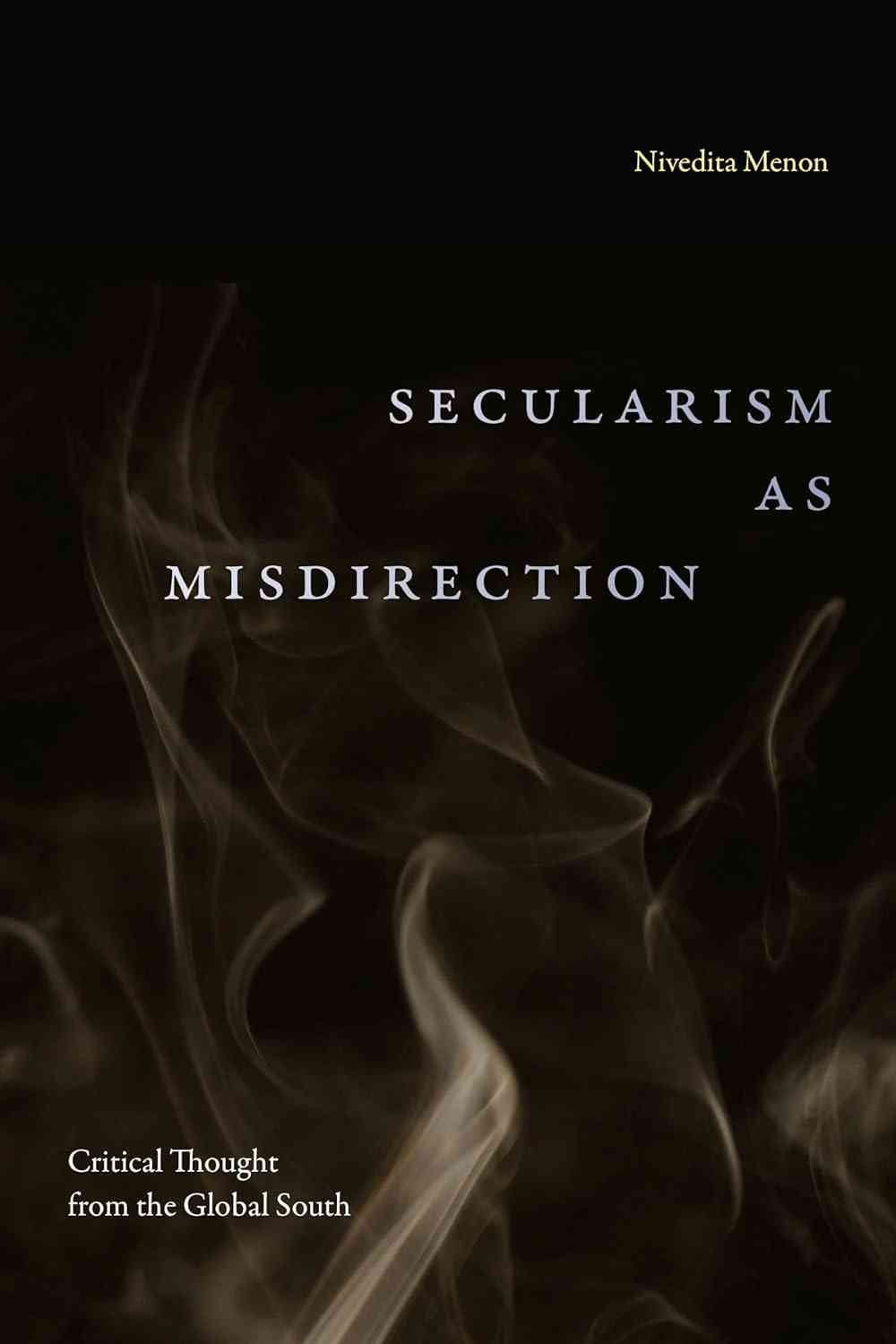

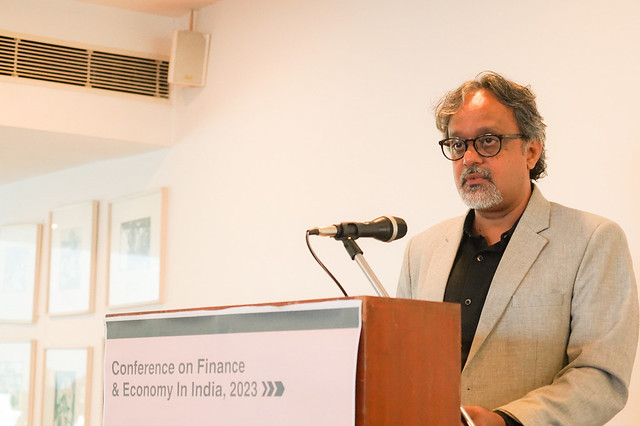
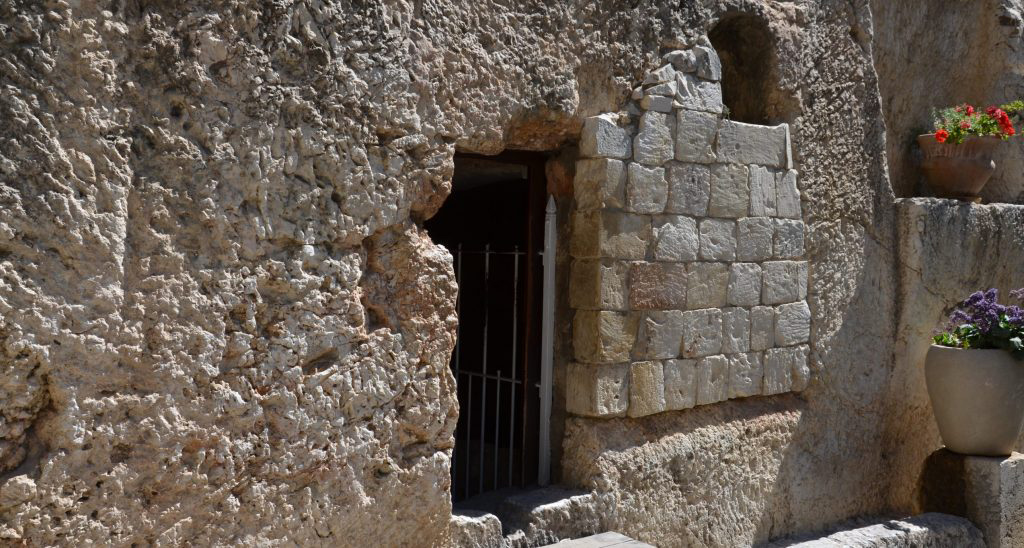
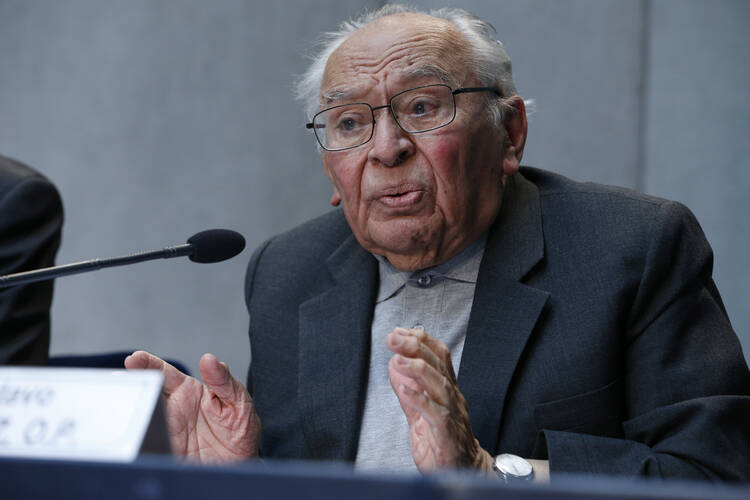

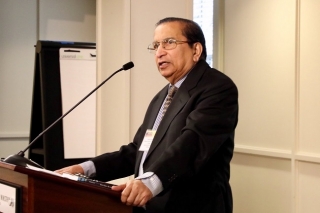
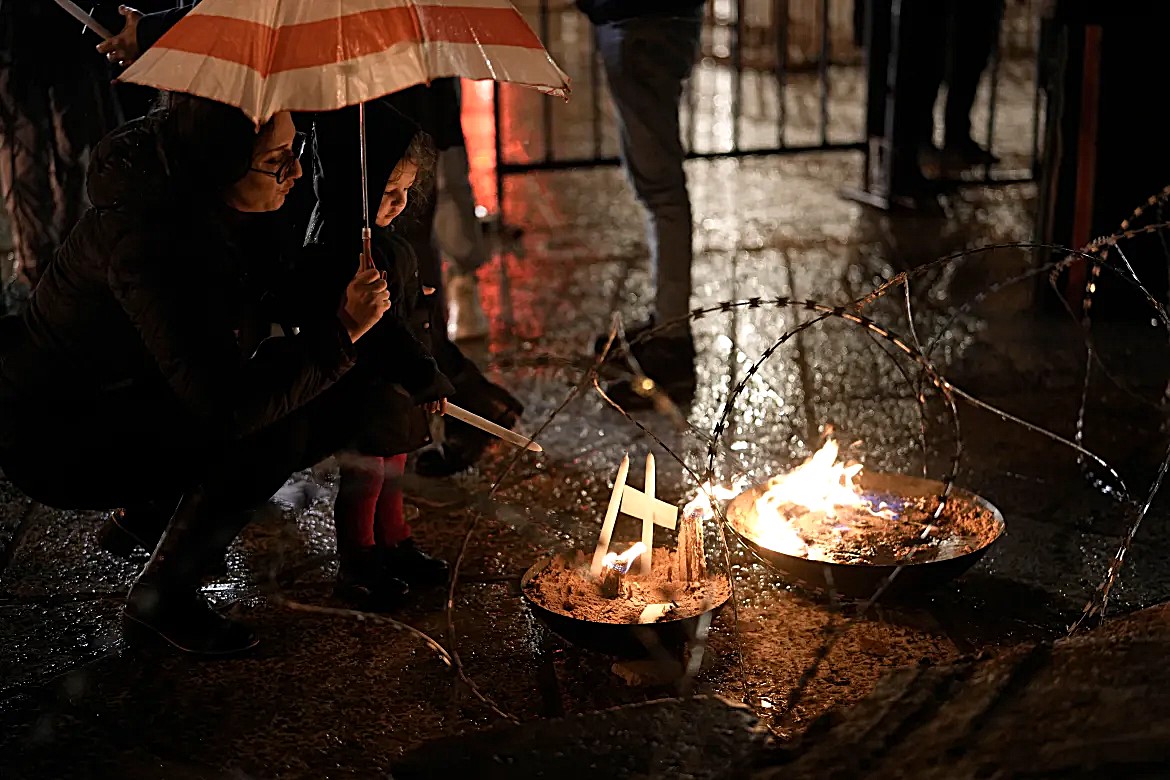
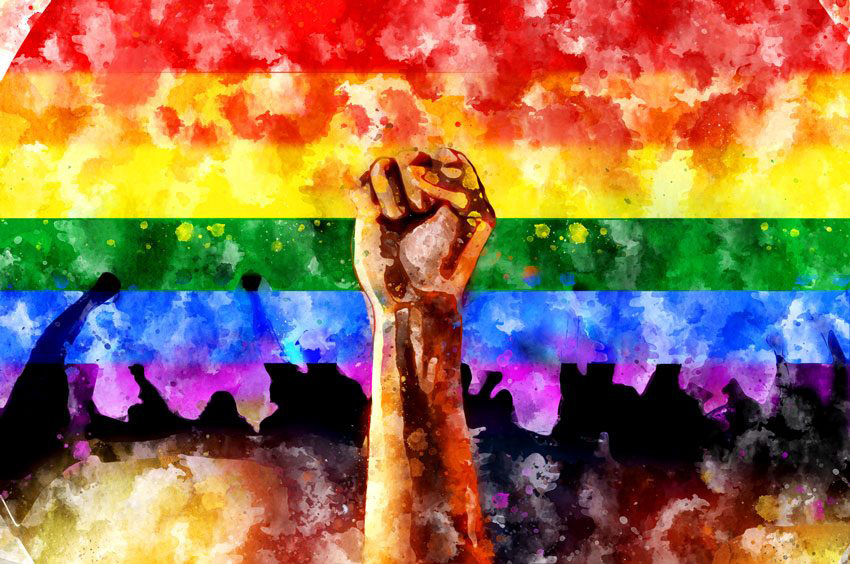
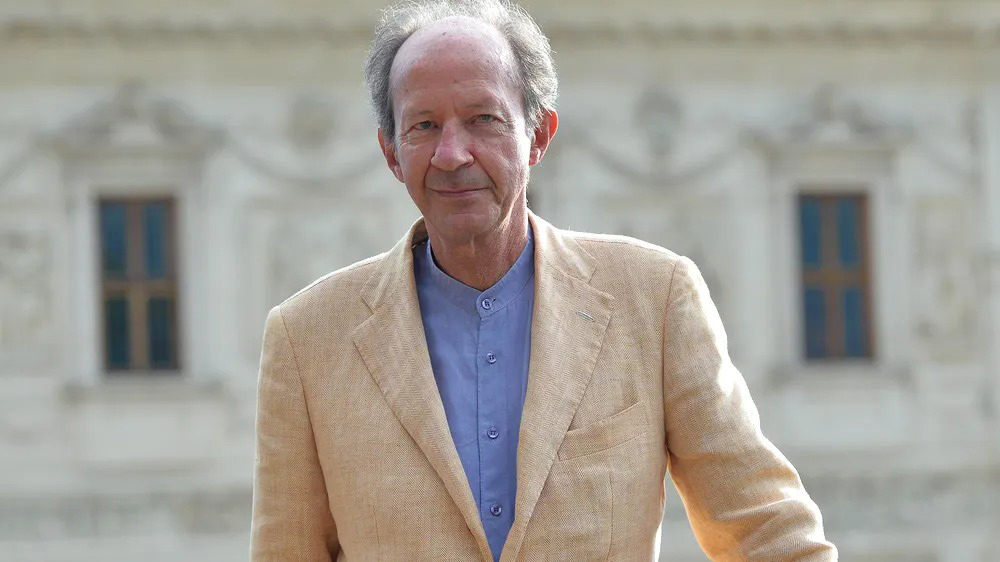
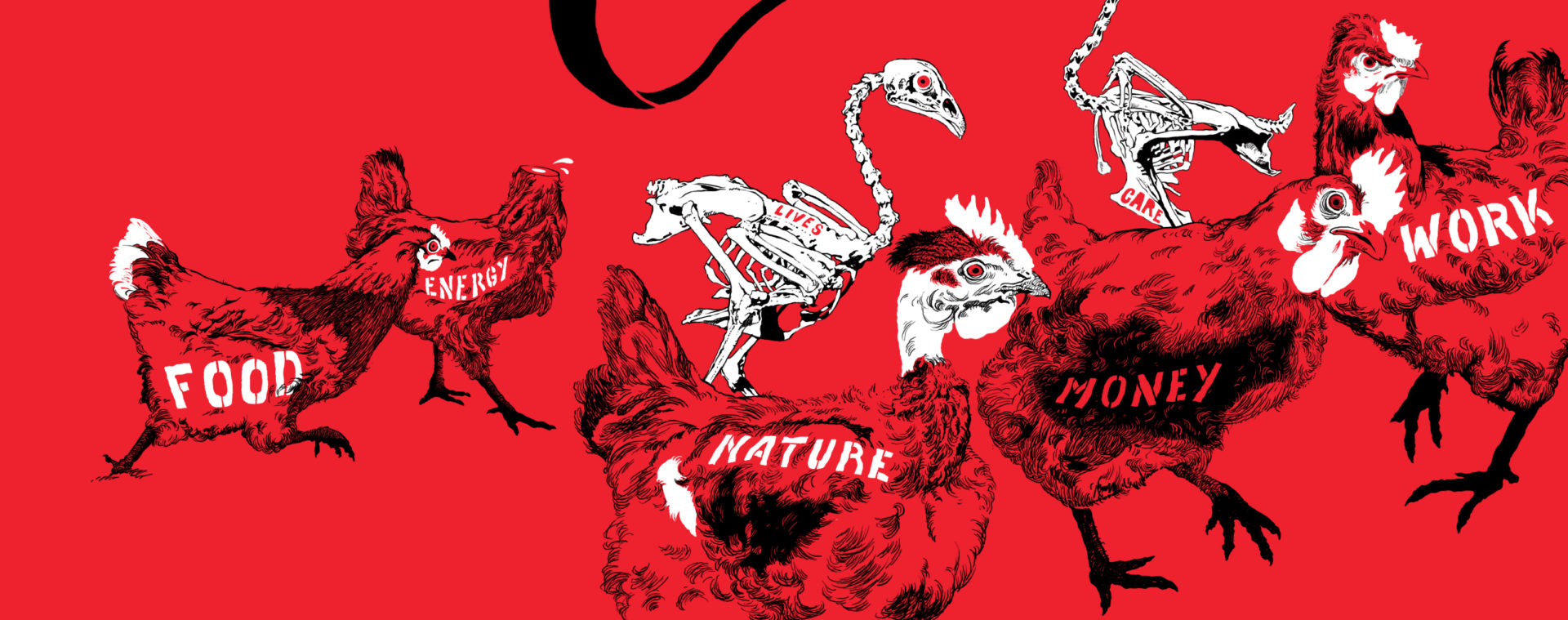
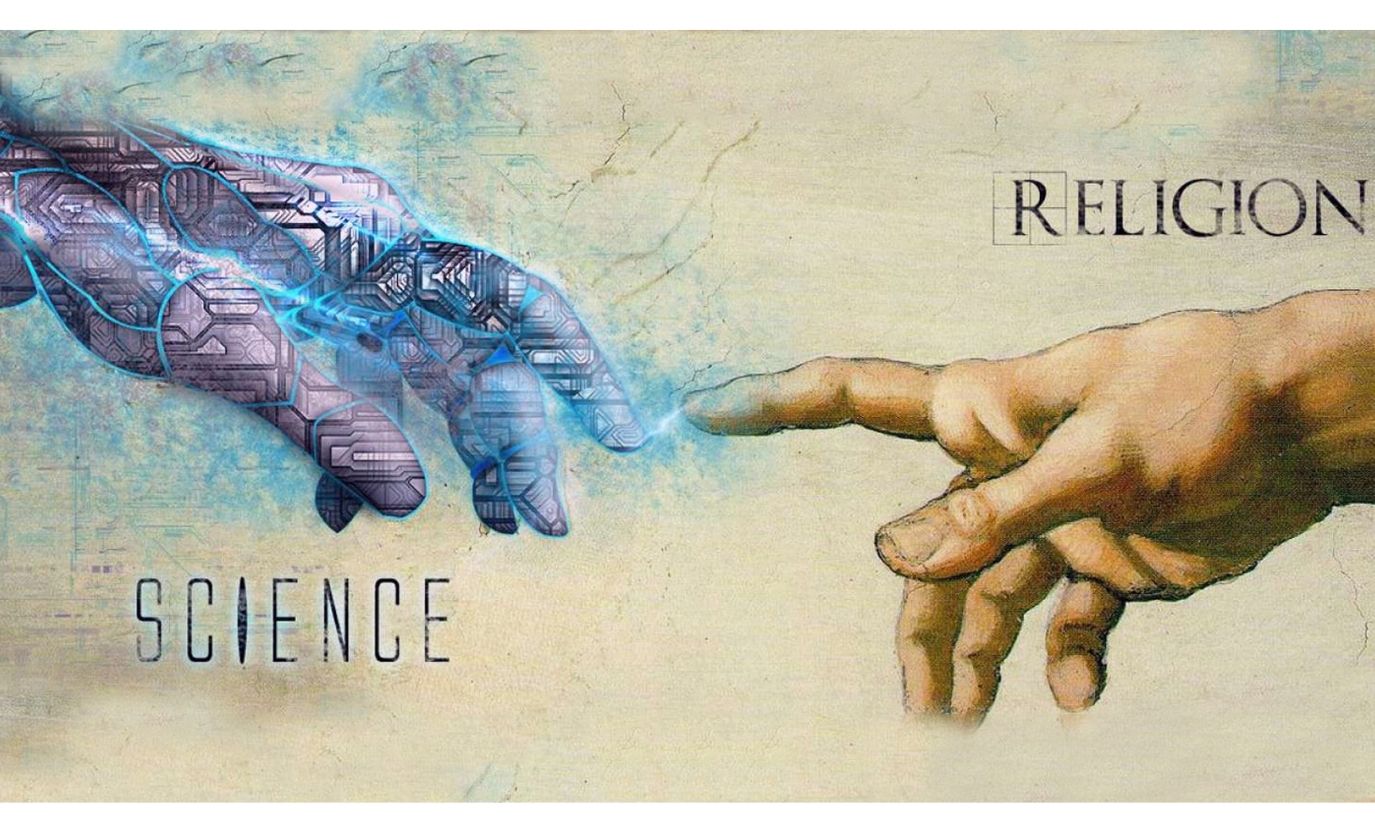
Comments
No Comments